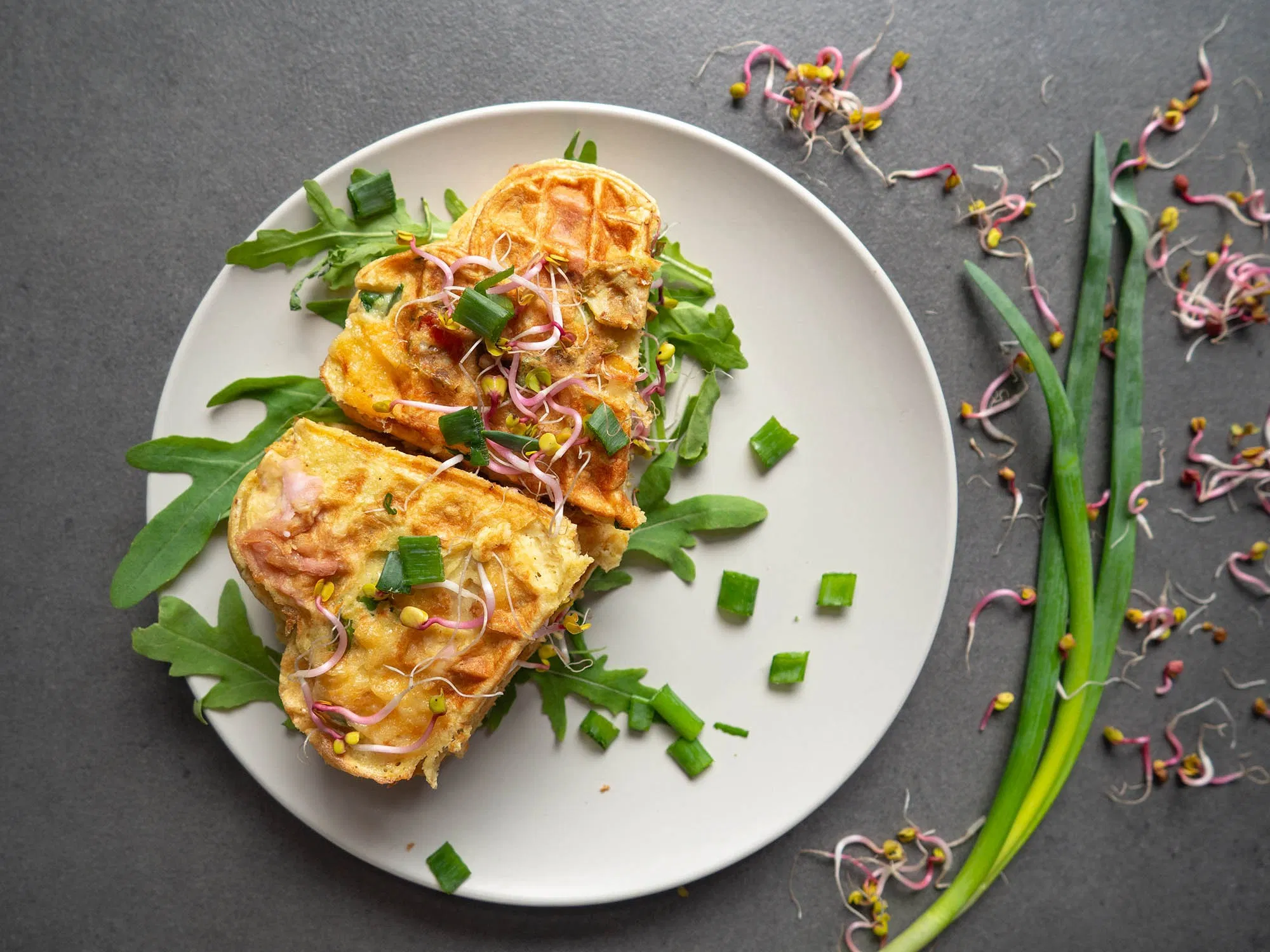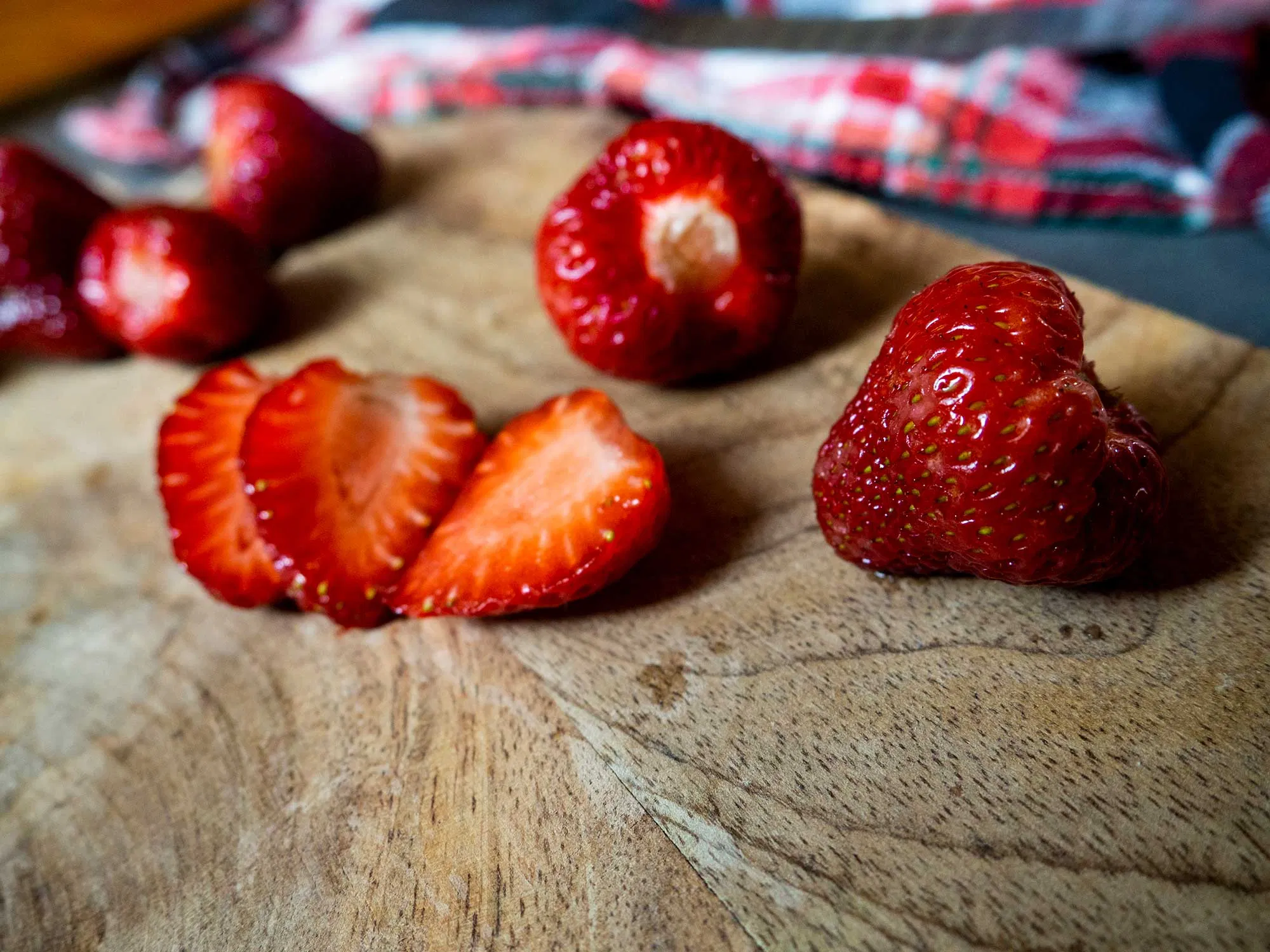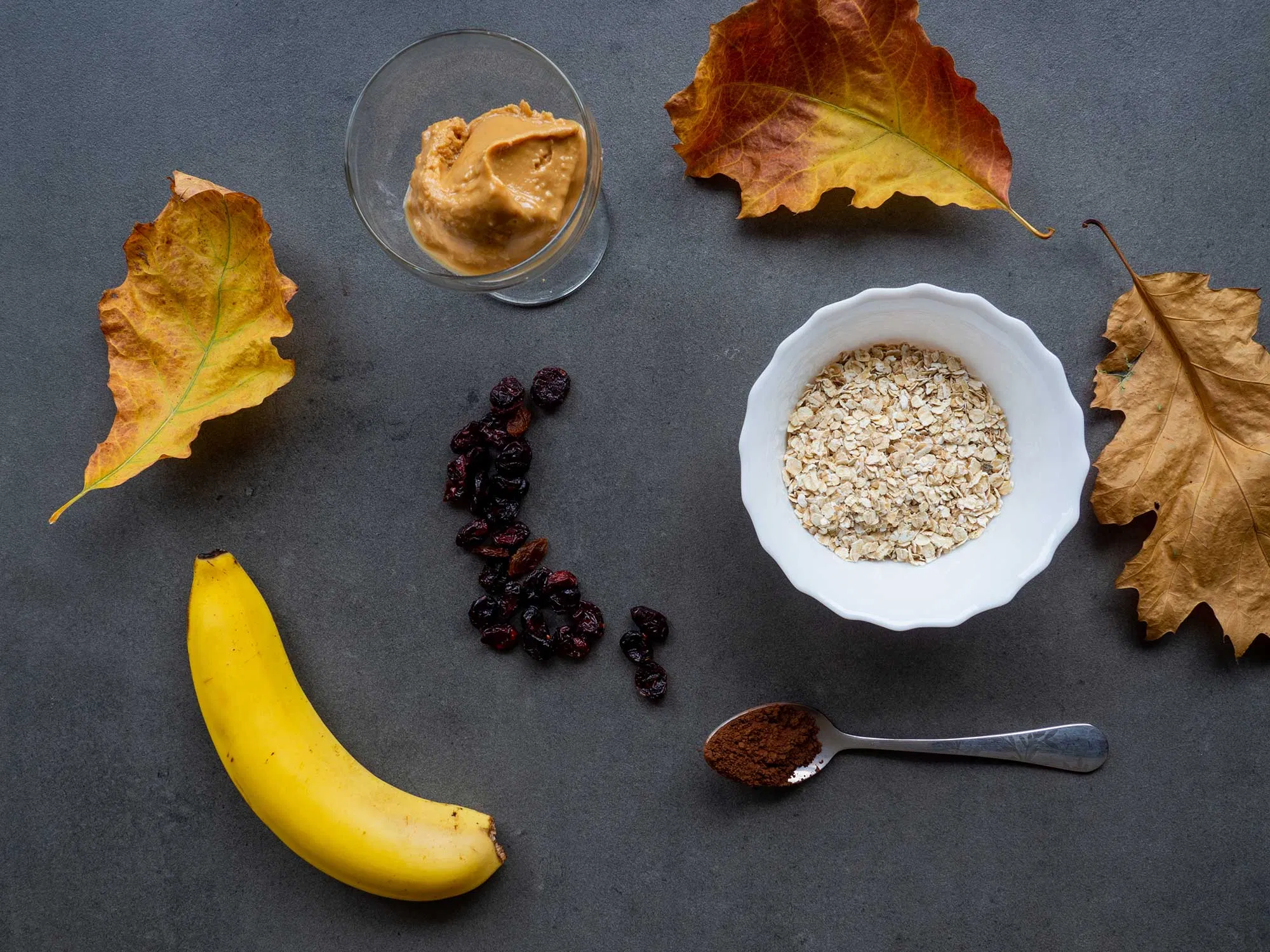What is the Best Breakfast Before Workout?
1. Should you eat breakfast or not?
2. Advantages of eating breakfast
3. Metabolic track during aerobic training
4. What should breakfast look like before training?
5. What about beverages for breakfast?
6. Negative effects of skipping breakfasts
7. Conclusion

Should you eat breakfast or not?
This question has been asked to nutritionists for many years.
There are many dietary models where breakfast is deliberately omitted, purportedly this treatment would accelerate fat burning and improve body performance. We also often do not consume it due to lack of time or simply appetite. Instead, we reach for coffee and eat our first meal during a break at work, usually in the form of a bun or something quickly available.
However, when we do sports, in particular, endurance training (e.g. cycling or running), excluding breakfast is not an option. It becomes an important part of our day that should not be missed.
Breakfast ought to total about 30% of our daily calories. Share on X
This percentage makes breakfast (right after lunch) the most abundant meal of the day. Depending on what training period we are in and what time we exercise during the day, it will differ in calories and in the content of carbohydrates, proteins, and fats. Eating breakfast becomes a particularly important issue if you do our training in the morning hours.
Advantages of eating breakfast
First meal of the day is not just the first dose of calories. Its consumption is associated with many beneficial properties.
During sleep, the body rests only seemingly. When we relax, our body works intensively – cells regenerate and most proteins, in particular growth hormones, are produced. Energy supplied shortly after waking up, is designed to stimulate our body to act, fill energy deficiencies and accelerate metabolism. First meal also levels blood sugar, which drops significantly during sleep.
By eating it, we improve the body’s cognitive functions, such as a decrease in the tendency to depressive behavior, improved concentration, increased creativity and improved short-term and episodic memory.
For a cyclist, this means more energy and focus, improving training effectiveness and preventing a rapid decrease in strength.

Metabolic track during aerobic workout
During a training session using oxygen metabolism, which is cycling, the main energy fuel is muscle glycogen. When its reserves run out, energy is taken from glycogen in the blood.
A trained athlete has enough muscle glycogen to generate energy for 180 minutes of training. The more intense the training, the faster glycogen loss will be. The oxygen truck can also use energy from lipolysis that is breakdown of fats. In extreme cases, even protein breaks down, which is not a desirable phenomenon.
To prevent this action, you need to ensure adequate calorie and carbohydrate levels in the diet.
Particular attention should be paid to eating a well-balanced breakfast.
What should breakfast look like before workout?
The pre-workout breakfast should contain all macronutrients and need to be consumed about 3 hours before the training unit. Carbohydrates play a special role here. They provide energy during training and are responsible for the appropriate level of muscle glycogen. It is also important not to overeat breakfast. Thanks to this, you will avoid stomach problems.
Breakfast recommendations depend on the type of training you do on a given day:
- Short or medium long endurance training – try to avoid simple carbohydrates, put on wholesome protein. Try not to overdo it with fruit and wheat products.
The best breakfast: Dry waffles
- Race or hard interval workout – to avoid stomach problems, avoid high-fiber and hard-digested products. For this reason, limit the consumption of large amounts of fat and turn on a small amount of protein. Bet on easily digestible carbohydrates.
The best breakfast: Coconut rice cake with gooseberry and blackberry mousse
- Long, low intensity endurance ride – avoid simple carbohydrates to prevent fast energy drops. Bet on high-quality proteins (e.g. eggs) and complex carbohydrates.
The best breakfast: Cocoa porridge with chia and peanut butter
- Medium and high intensity group riding – avoid heavy foods and high fiber content. Compose breakfast with varied carbohydrates and a small amount of protein.
The best breakfast: Sweet omelette with strawberries
If you decide to workout in the morning, remember that energy for effort is obtained not only from breakfast, but also from the dinner of the previous day. The process of converting food into usable energy available over a long period of time is about 2-4 hours. Sometimes, eating a good breakfast is not enough, especially if we do the training in a short distance from the first meal. Before intensive training, it is worth paying attention to lunch or dinner rich in carbohydrates eating the day before.

What about beverages for breakfast?
There is nothing more exciting than freshly ground coffee in the morning. Consuming in moderate amounts until breakfast, will have a beneficial effect. The caffeine contained in it reduces fatigue, improves mood and concentration, and boosts efficiency of the body.
Espresso is best served after breakfast, about half an hour before training. Share on X
But remember not to overdo it. More on coffee, I wrote in the article: Is coffee good for cyclists?
Tea will also be a good idea. It’s best to choose Rooibos, green, red or Yerba Mate. The last one has stimulant features comparable to caffeine.
However, let’s not forget about the most important fluid – water. From the early morning it is worth ensuring that the right amount of water is supplied to the body. It’s best to get into the habit of drinking it as soon as you wake up. A large glass of mineral water with lemon perfectly stimulates our body to action and prepares for an intense day.
Negative effects of skipping breakfasts
There are a number of studies confirming the beneficial properties of eating breakfast.
However, not everyone pays attention to consuming it. Skipping breakfast, which is a pre-workout meal for people who do intensive anaerobic training in the morning, has a number of negative effects. It reflects not only on health, but also on the effectiveness of training. If we skip breakfast and start training on an empty stomach, we will not be able to accumulate sufficient muscle glycogen stores.
This is tantamount to reducing the availability of energy and obtaining it from fats and amino acids (depending on the intensity of training). The last one can cause muscle tissue loosing. Another negative aspect is the lack of strength or malaise as soon as you wake up. In the morning, the level of cortisol in the blood is high. Intense training also raises it. If we combine this phenomenon with a lack of energy, it can lead to a decrease in training effectiveness. Many people also notice poor concentration and difficulty with focus. Apart from breakfast, we also increase the risk of overeating after training and the effect of hyperorexia.
Practicing cycling, we must focus on a proper diet, which is based on wholesome breakfasts, covering the current energy demand and properly selected for the type of training. If, despite efforts, you still feel a decrease in strength during training, it is worth asking for help from a specialist who individually balances your diet.
Conclusion
Practicing cycling, we must focus on a proper diet, which is based on wholesome breakfasts, covering the current energy demand and properly selected for the type of training. The first meal should contain all macronutrients in proportions depending on the type of training we will perform. To ensure the right amount of muscle glycogen, also pay attention the previous day’s meals and the amount of carbohydrates they provide. Do not forget to provide the right amount of fluid, and above all, focus on water. If, despite your efforts, you still feel a decrease in strength during training, it is worth seeking help from a specialist who will individually balance our diet.







